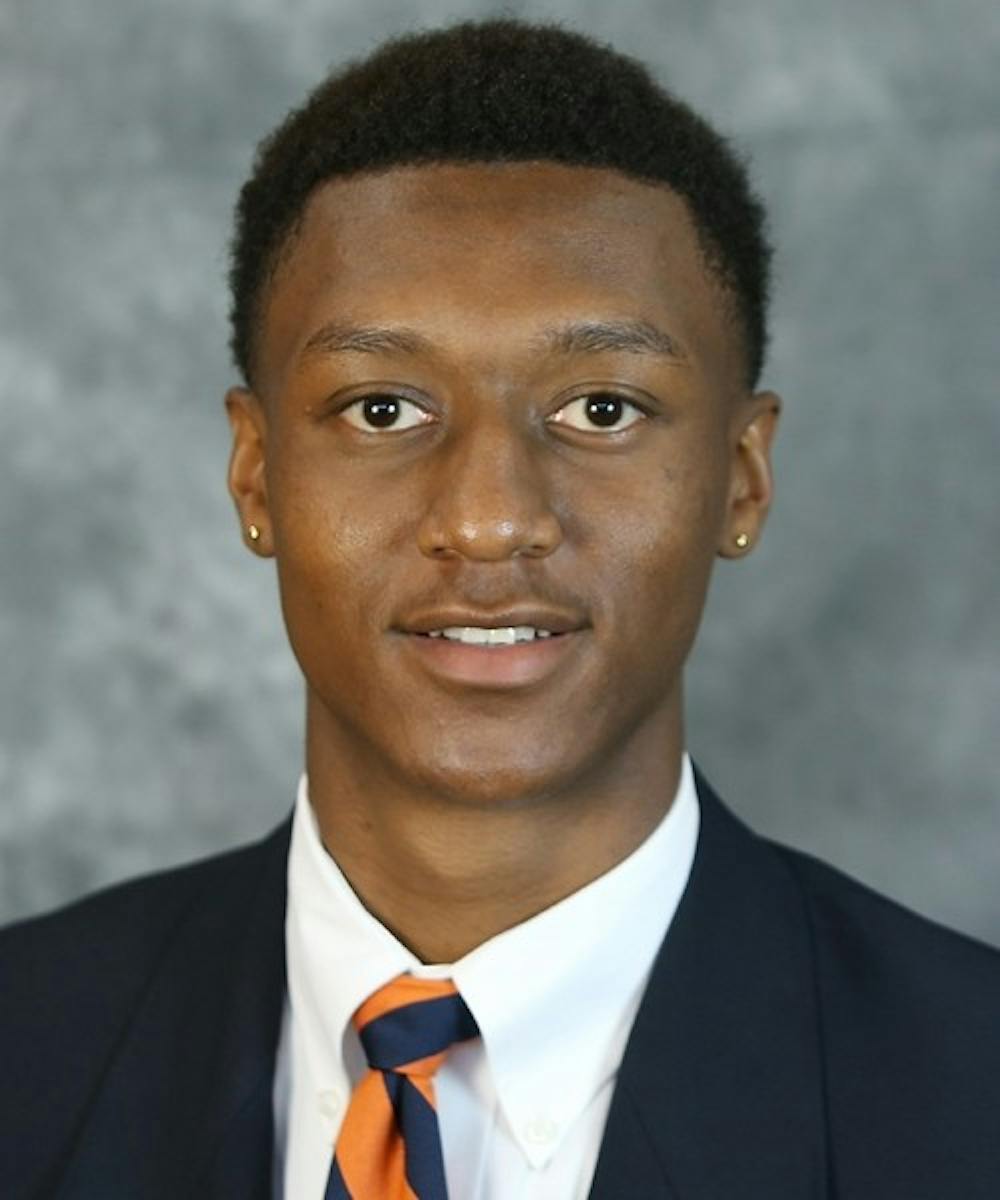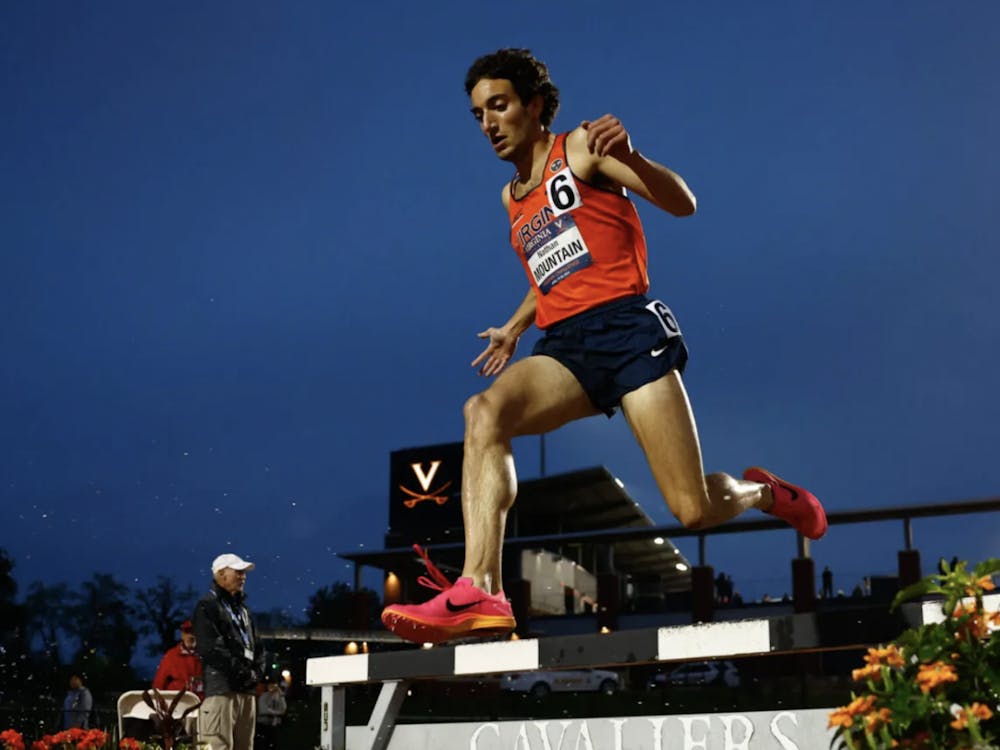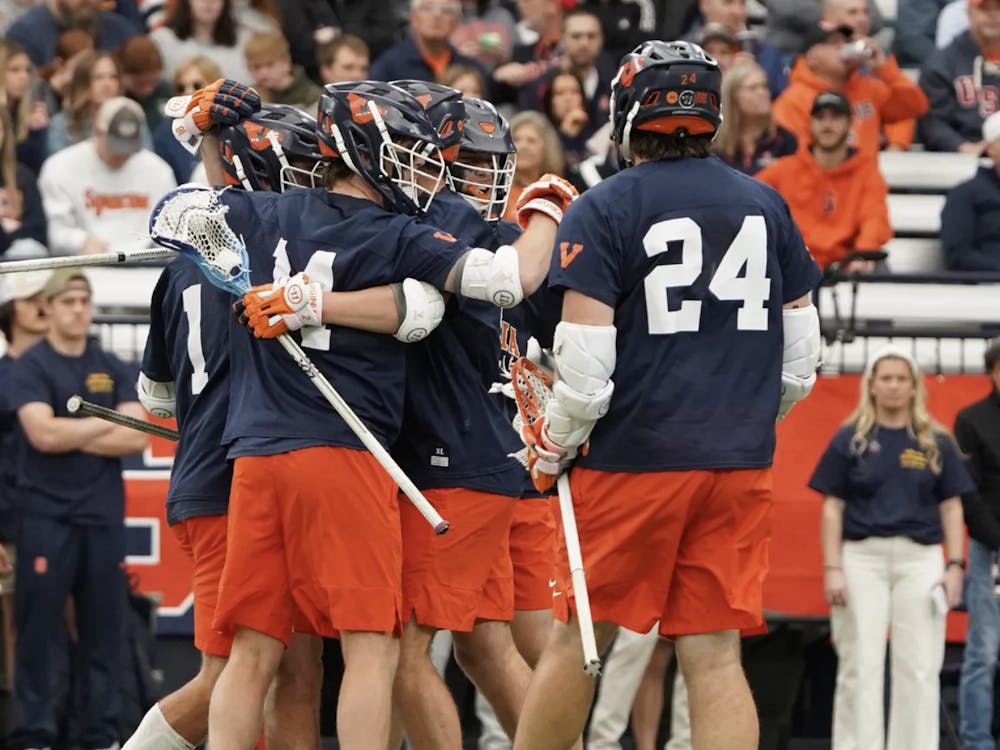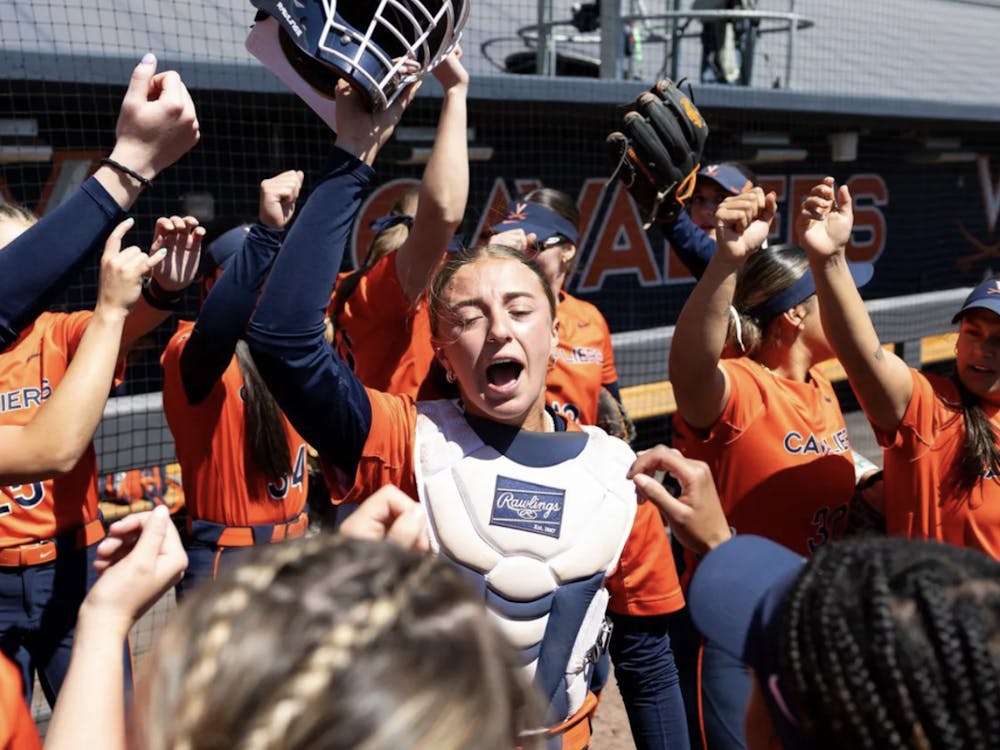In the spring of 2014, the University of Virginia revoked the fraternal organization agreements for Sigma Nu and Pi Kappa Alpha for hazing.
For most who heard this, the news was probably not surprising. Fraternities across the country have recently come under significant scrutiny for hazing practices, and rightfully so. The accusation of fraternities engaging in hazing is not often questioned and usually taken very seriously, especially at the University.
But hazing within other organizations often goes unrecognized. It happens all across Grounds — it’s common practice in numerous Cavalier communities, athletics included. Whether in club or varsity sports, hazing happens.
In the summer of 2015, a former freshman on the Virginia swimming & diving team accused several upperclassmen of hazing. When a settlement was finally reached in 2016, a culture change was anticipated for the athletic community and the University. But apparently it didn’t happen.
Now, less than two years after the swim team story broke and merely months after a settlement was reached, the Cavaliers are confronted with another hazing allegation and investigation. This time, it’s the football team under the microscope.
Aidan Howard, former freshman receiver for Virginia, filed a federal complaint in the U.S. District Court for the Western District of Pennsylvania in October. The complaint alleges that a forced locker room fight fractured Howard’s orbital bone and resulted in an accompanying concussion. The combined injuries led to serious damage — to both Howard’s ability to play and his desire to continue as a Cavalier — and to a Title IX lawsuit.
While the University has taken the correct steps, albeit allegedly a few days after the incident occurred, in investigating Howard’s injuries, an air of dismissal seems to permeate attitudes towards the complaints.
In response to the news about the lawsuit, Virginia offensive coordinator Robert Anae had some strikingly concerning remarks.
"It kind of blindsided all of us," Anae said after Virginia’s loss to North Carolina. "We did look at that as a distraction. We had to handle it as such and we'll continue to handle that as a distraction."
While I understand that coaches and University members cannot comment on an ongoing investigation, I take issue with his reluctance to recognize a problem, or recognize that a problem might exist. There is a huge difference between declining to comment, as Mendenhall himself did, and outright dismissing a potential hazing problem as nothing more than a distraction.
This perception of the University as a school with a hazing problem is perpetuated incident after incident — but it is also perpetuated by dismissive comments like these by Anae.
Now, I’m not saying that the hazing incident did or did not happen. I fully believe that ‘innocent until proven guilty’ should apply here, but I also fully believe that these accusations should be taken seriously. The results of the University’s investigations into the allegations have not yet been released, nor has the federal filing progressed, and therefore I don’t think that any assumptions of guilt or innocence should be made. What I’m saying is that this reluctance to recognize a clear cultural failure in our community needs to stop.
No matter the punishments that have been given to athletes who previously participated in hazing, no matter the steps that have been taken to address the issue in the greater university community, hazing allegations in our athletic programs continue to emerge.
You can’t stop adolescents from doing stupid things, that I understand; you cannot control the actions of every athlete that attends this University. But you can instill a zero-tolerance culture starting at the top — you can make commentary that addresses the seriousness of the issue and the legitimacy of its existence.
According to research by the University of Maryland, college students on varsity athletic teams are actually more likely to experience hazing than those involved in Greek life — more than 250,000 students have experienced some sort of hazing in joining a college athletic team.
Here’s the thing — hazing happens. That we don’t deny. It happens at the University, it happens at colleges all across the country. It happens in Greek communities, yes, but it happens elsewhere too.
We cannot continue to dismiss the prevalence of hazing in our University’s top-tier athletics programs since, as Maryland’s research points out, it happens. When a student athlete accuses fellow team members of fostering an unhealthy culture or a coach of mishandling claims, coaches should not be allowed to dismiss the issue as a distraction.
Educating our athletes and understanding the unfortunate prevalence of hazing on our Grounds is imperative. As the investigation continues, the athletics department needs to acknowledge the seriousness of these accusations.





